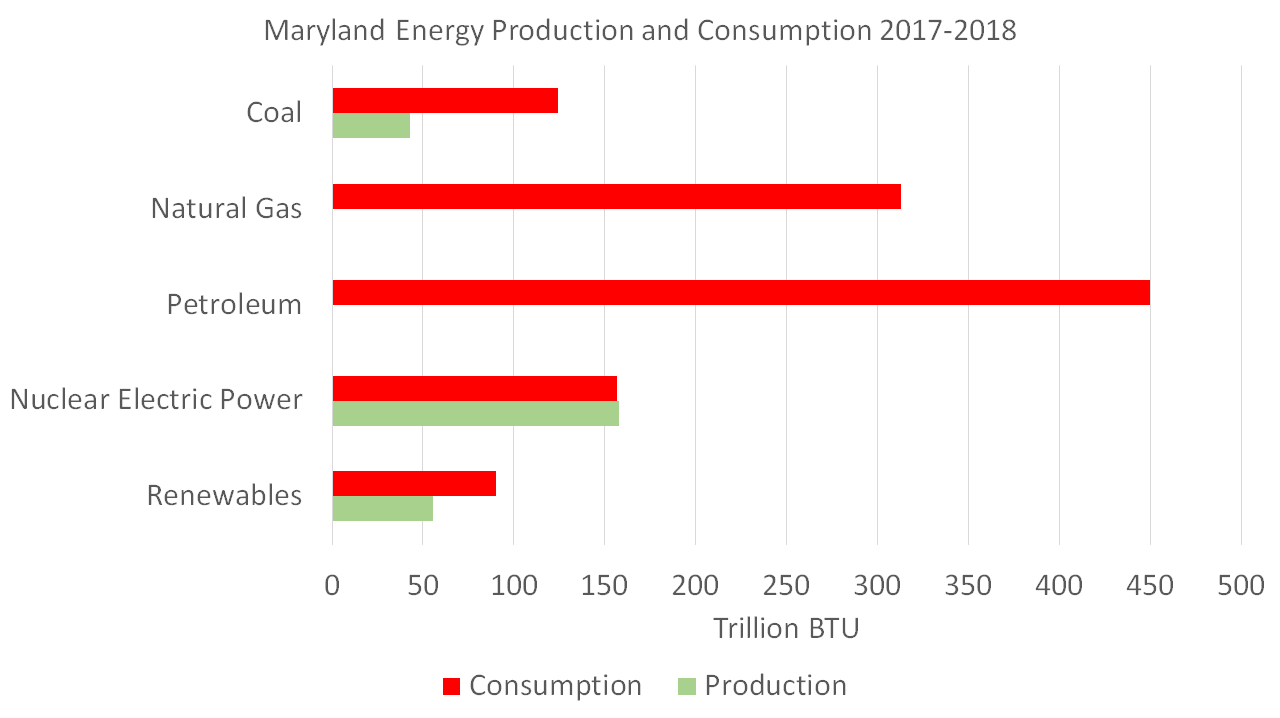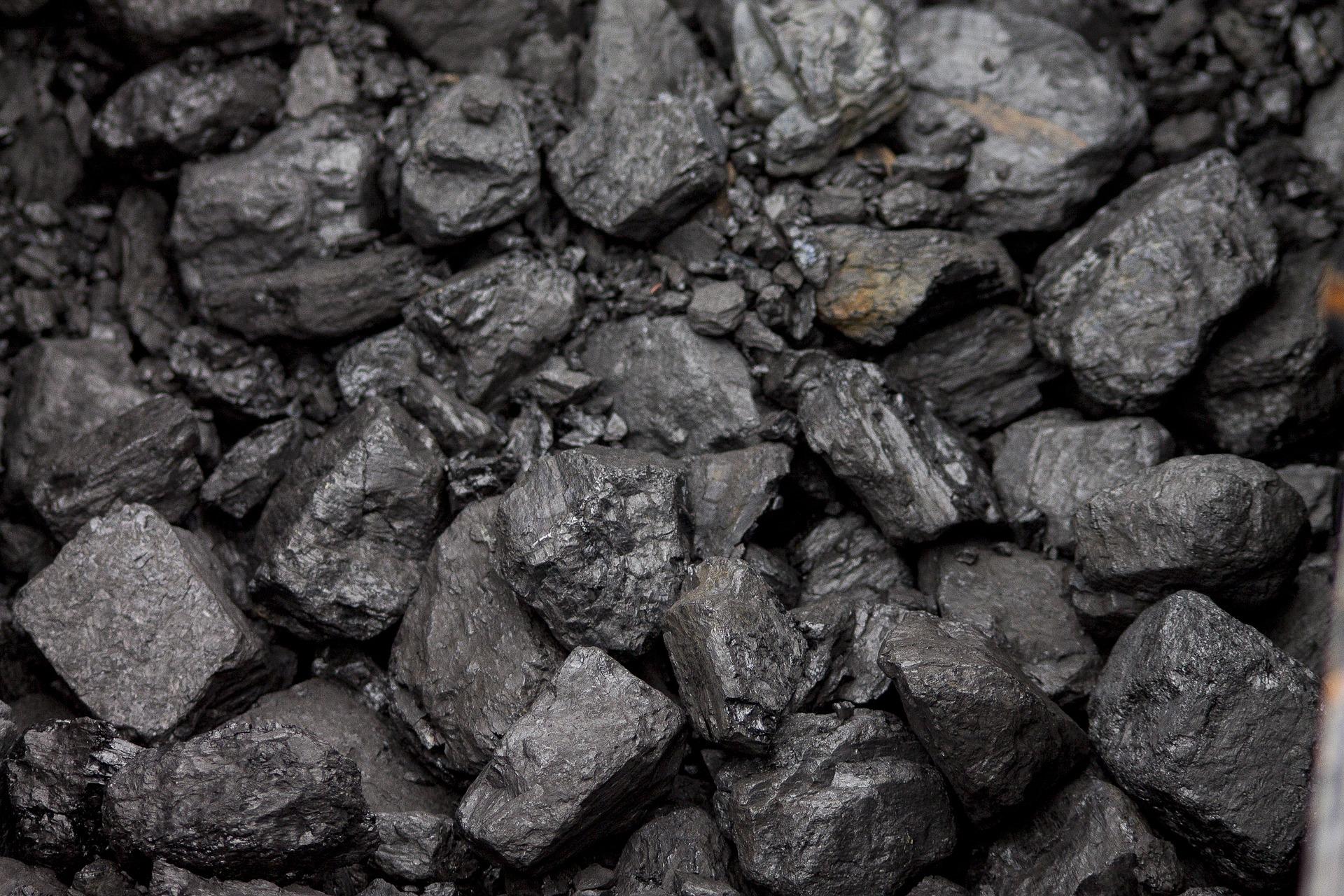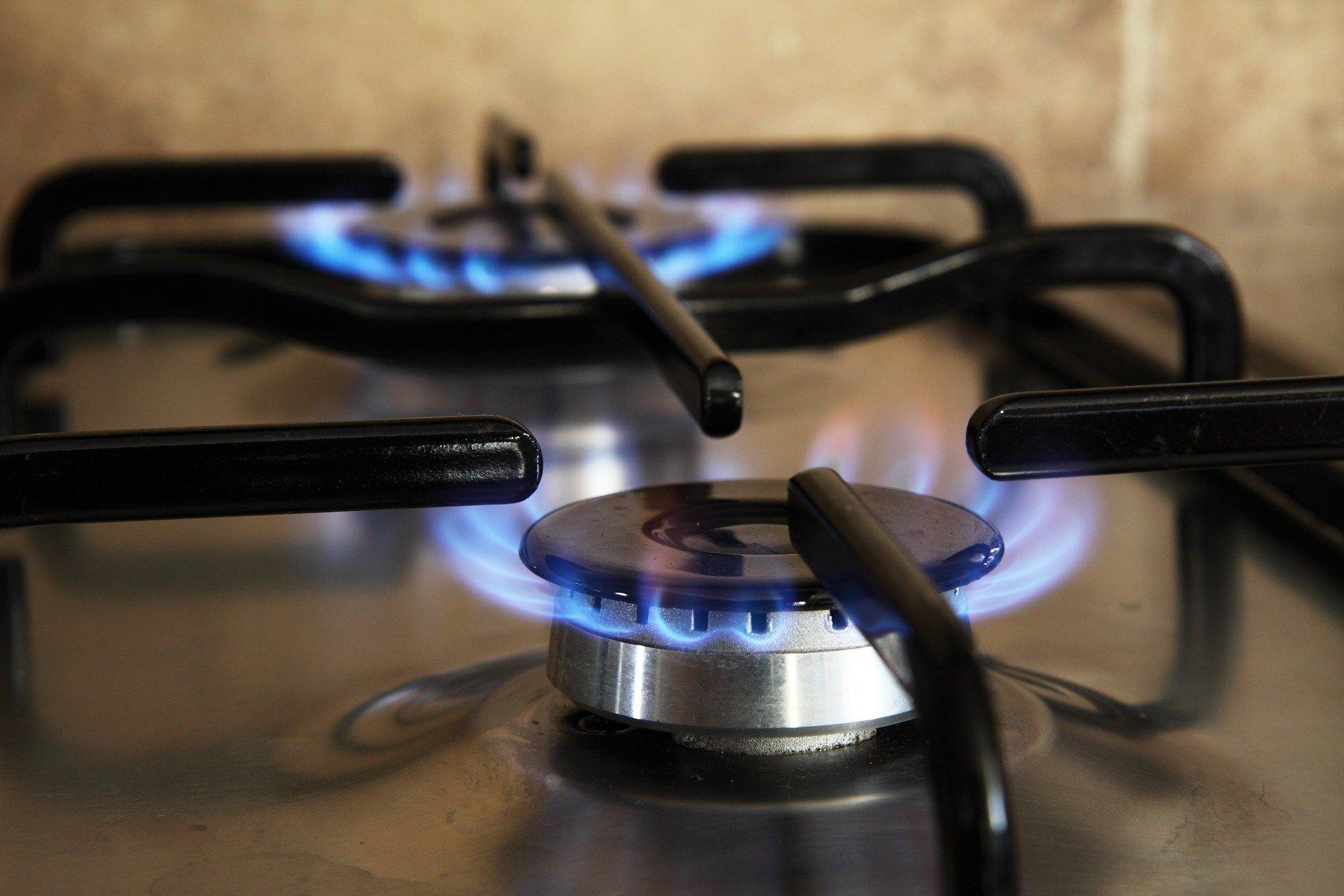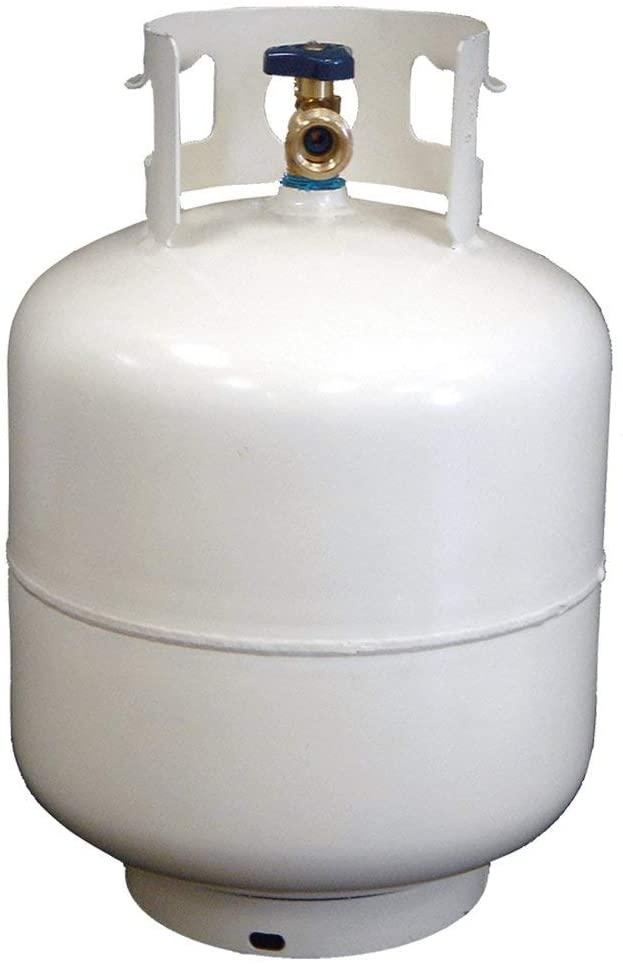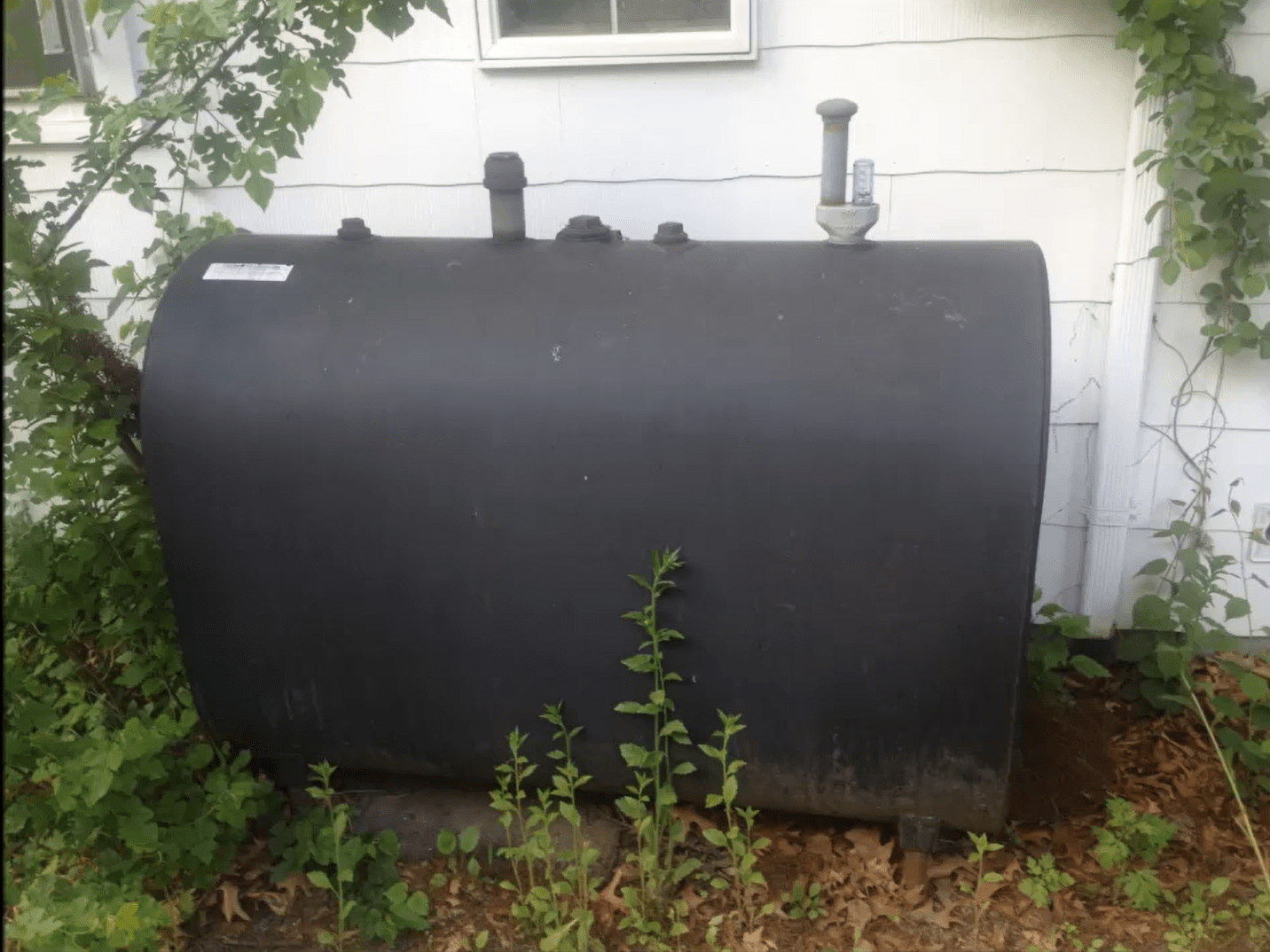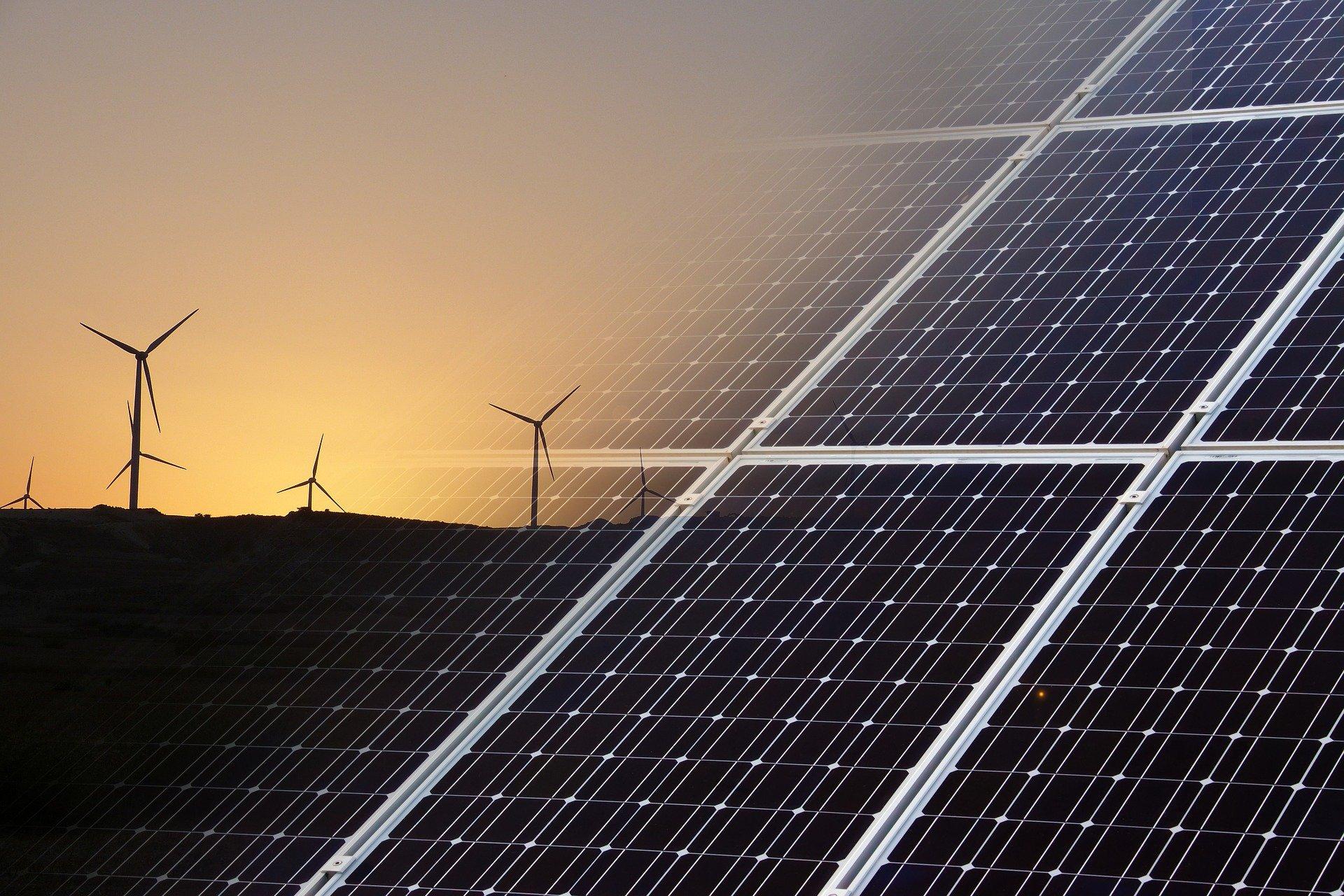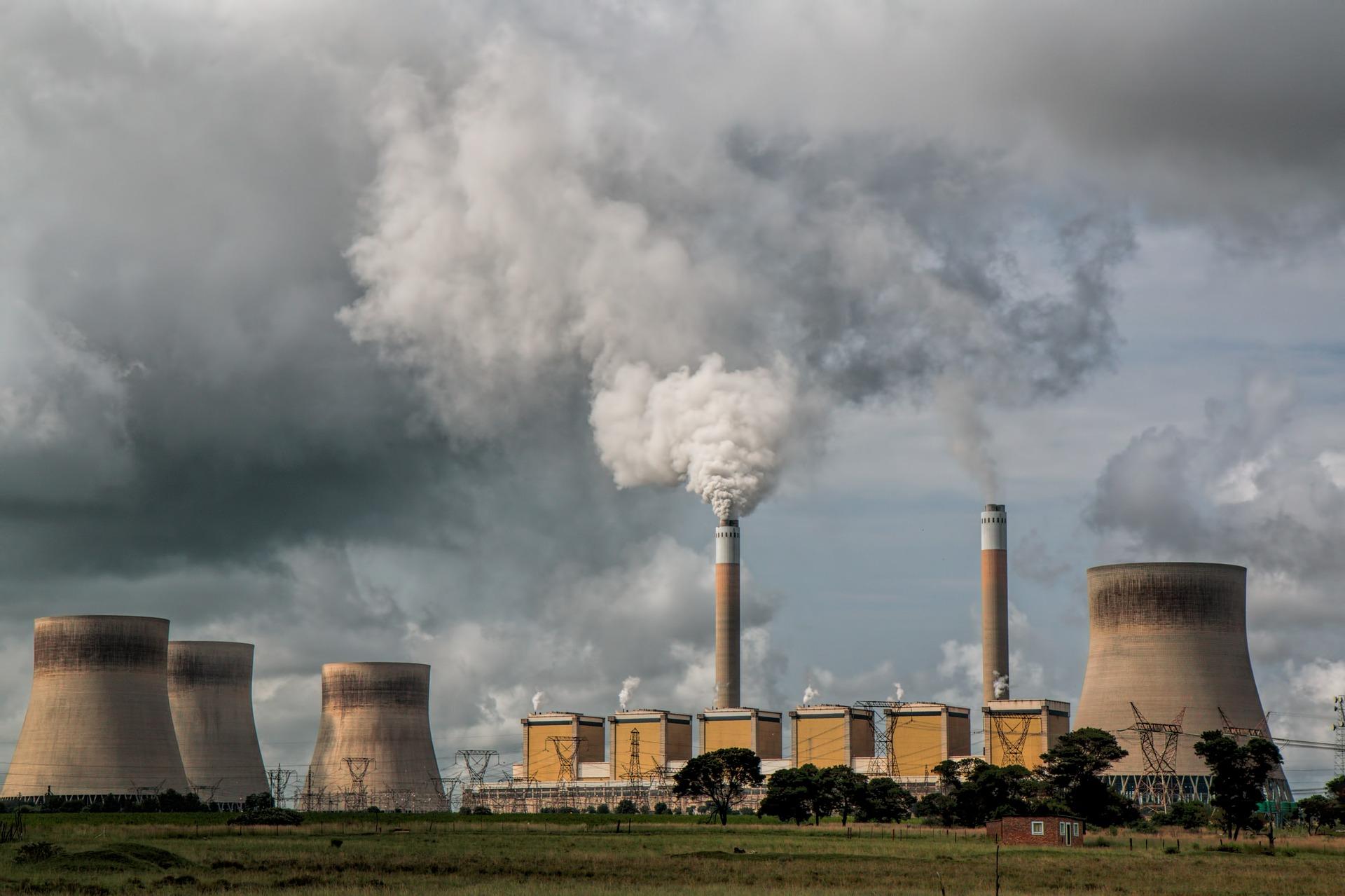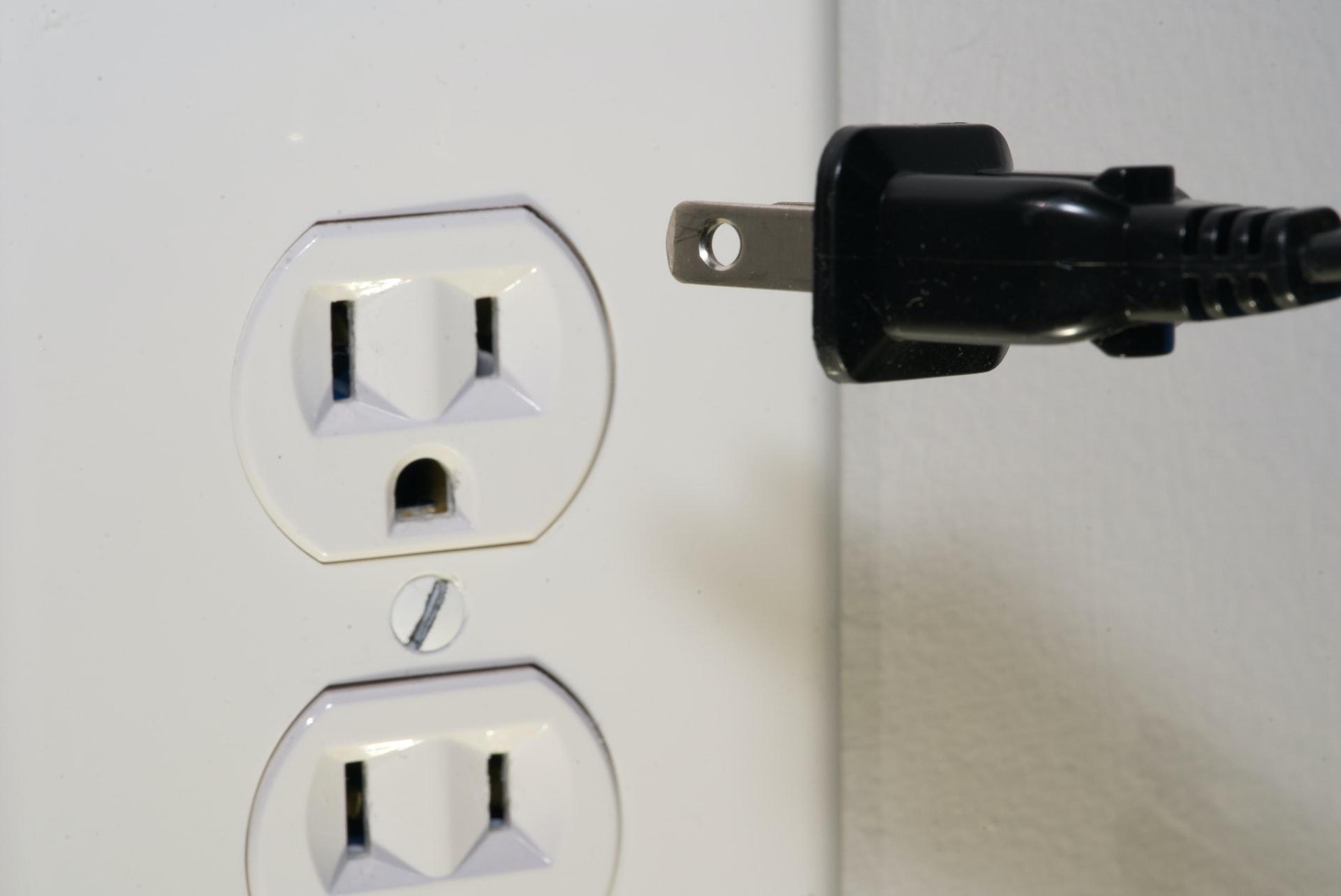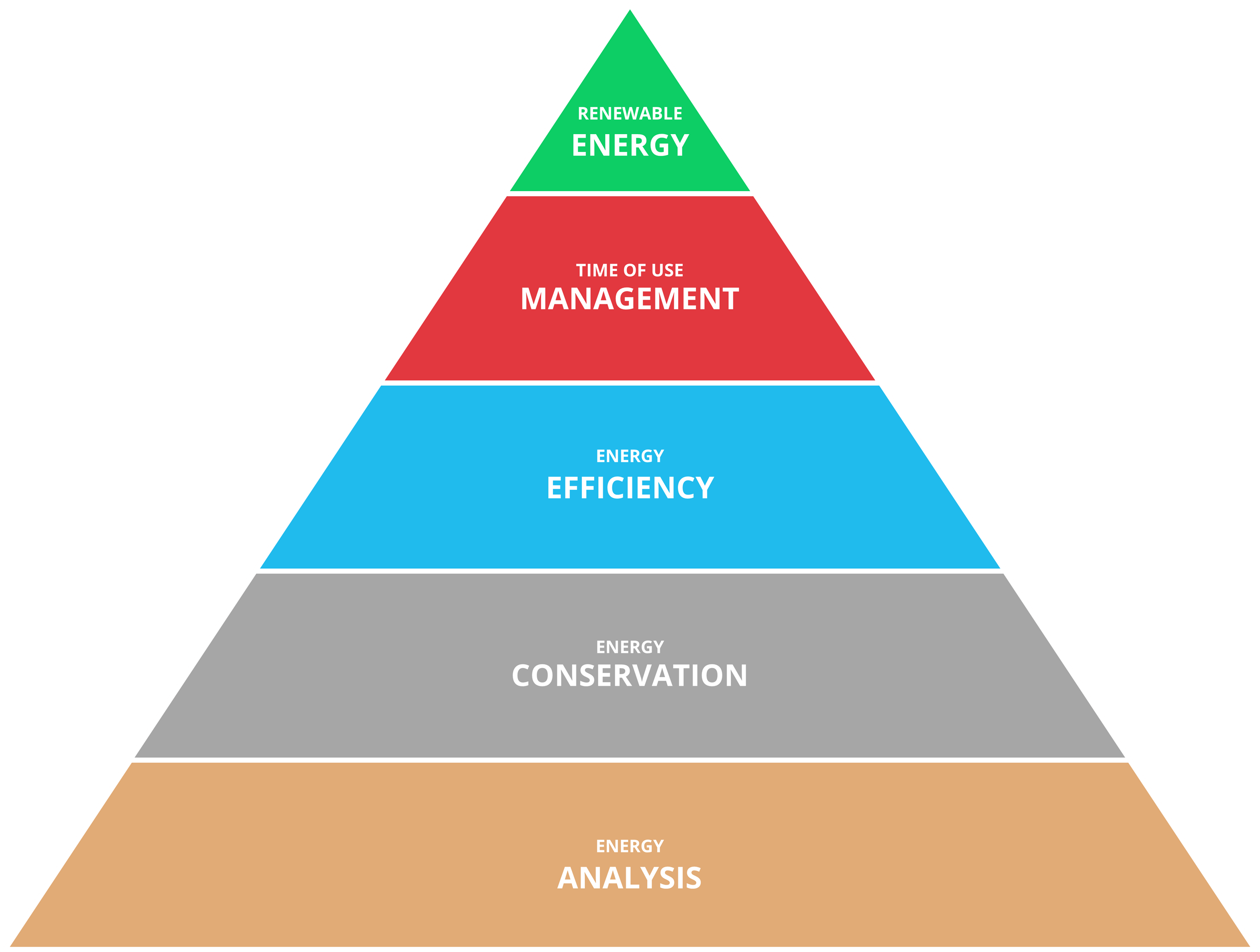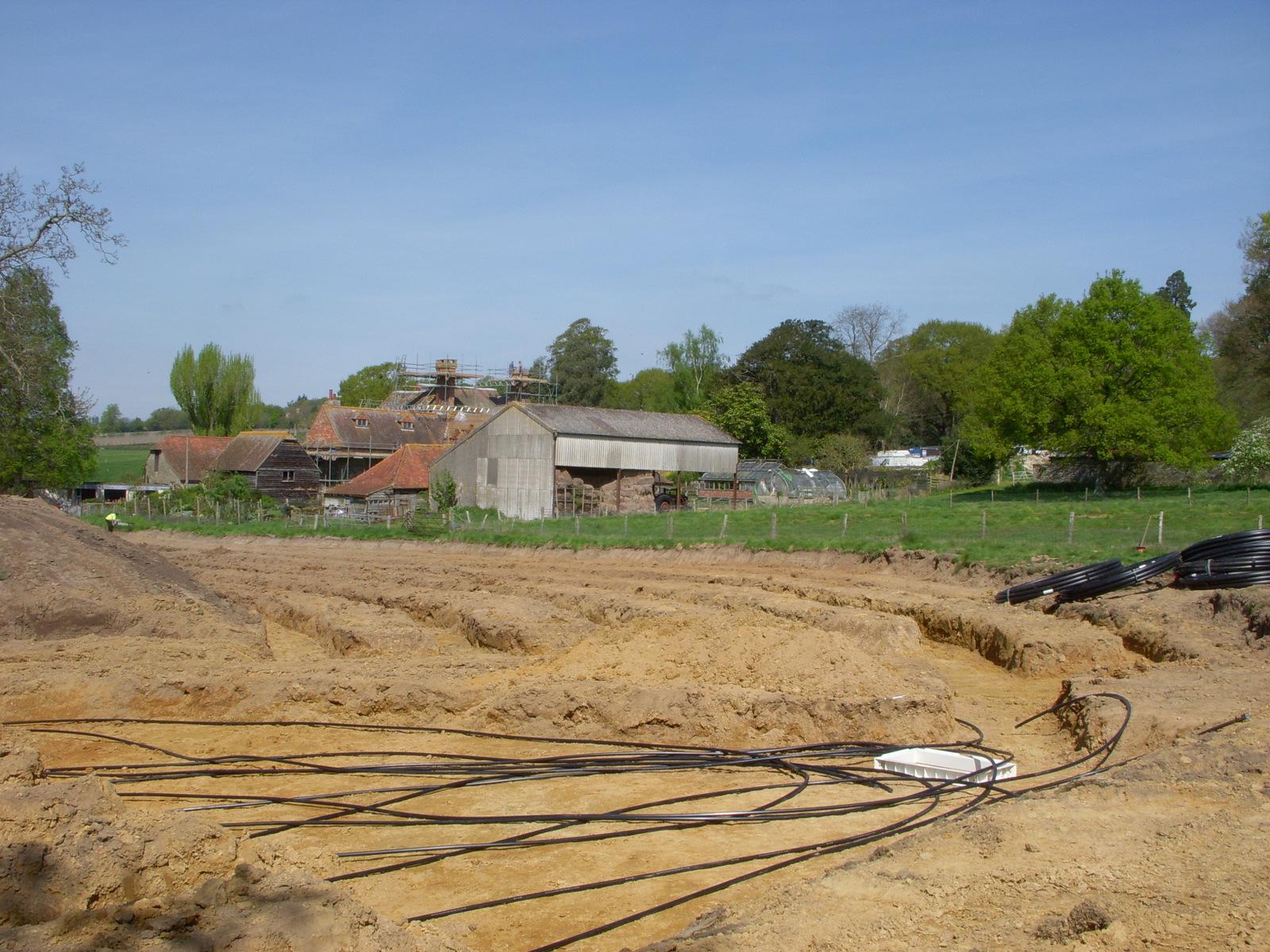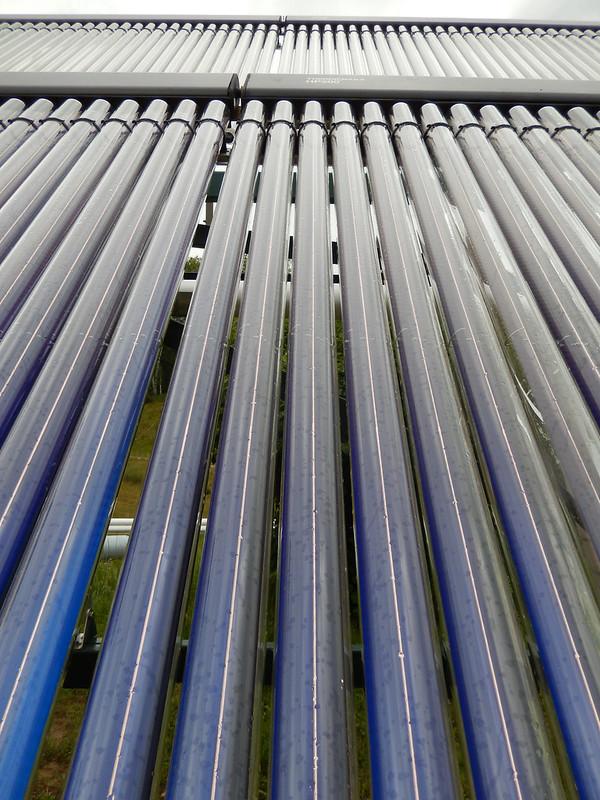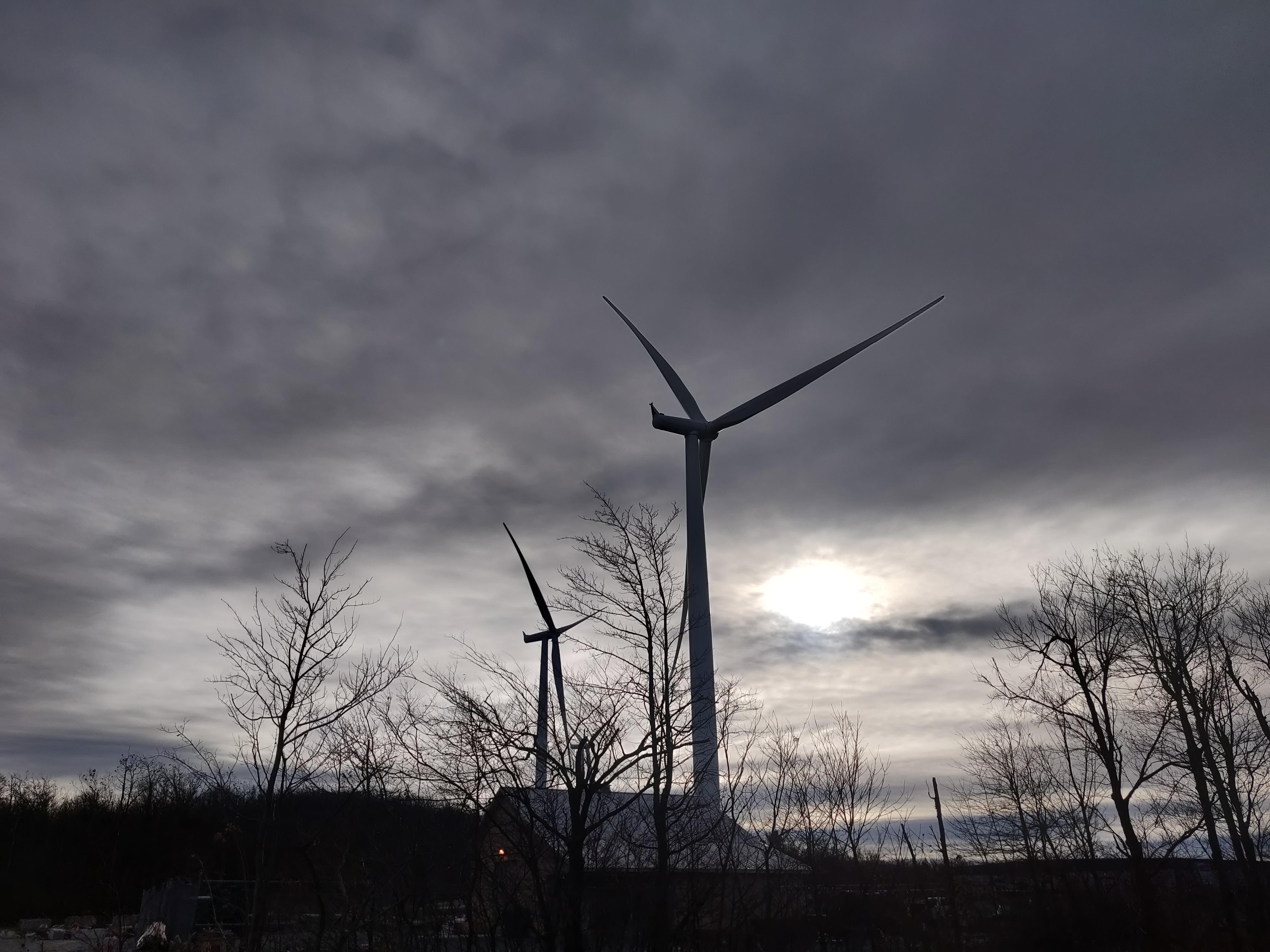Petroleum is a broadly defined class of liquid hydrocarbon mixtures which include crude oil, lease condensate, unfinished oils, motor gasoline, jet fuels, kerosene, fuel oils, refined products obtained from the processing of crude oil, and natural gas plant liquids among many others. Most of the petroleum products consumed in the U.S. are made from crude oil, but petroleum liquids are also be made from natural gas and coal. Maryland has no economically recoverable crude oil reserves or production, and there are no petroleum refineries in the state. Petroleum products arrive in Maryland by pipeline from other states and by ship from abroad. The Colonial Pipeline which runs through Maryland delivers refined products (e.g., motor gasoline, kerosene, home heating oil, and diesel fuel), while Baltimore's deep-water port receives various imported petroleum products (e.g., motor gasoline, gasoline blendstocks, and residual fuel oil).
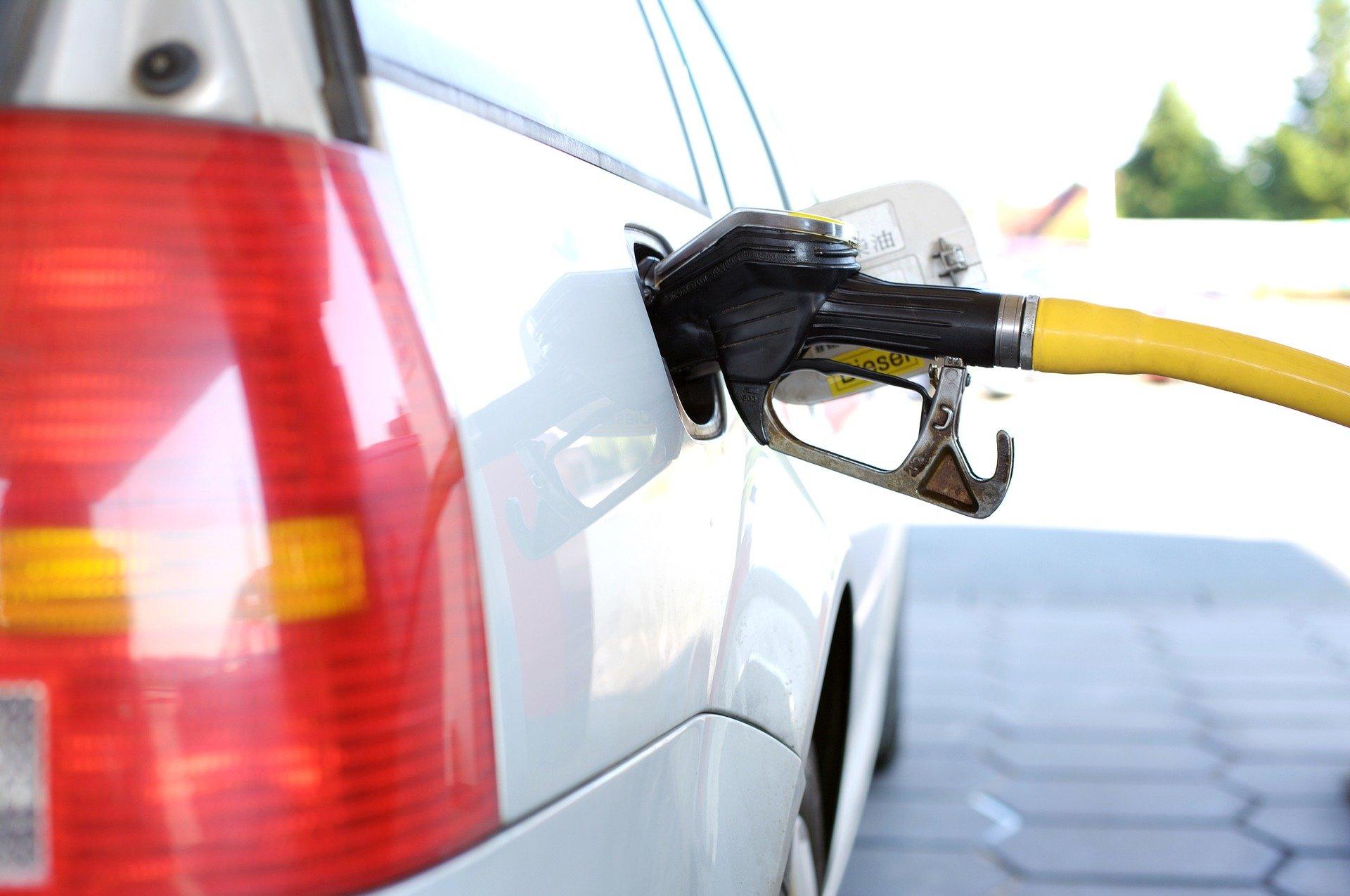
Maryland's per capita petroleum consumption is among the lowest in the nation. Nearly 9 out of every 10 barrels of petroleum used in Maryland are consumed by the transportation sector. Reformulated motor gasoline blended with ethanol to reduce smog-forming and toxic pollutants is required across the densely populated Baltimore-Washington corridor in the center of the state. Counties in the mountain west and much of the rural Eastern Shore are not required to use reformulated motor gasoline. While the transportation sector accounts for the vast majority of the state's petroleum consumption, smaller quantities are used by the industrial (~6%) residential (~2%) and commercial (~2%). About 1 in 8 Maryland households use fuel oil or kerosene for heating.

 English
English العربية
العربية Български
Български 简体中文
简体中文 繁體中文
繁體中文 Hrvatski
Hrvatski Čeština
Čeština Dansk
Dansk Nederlands
Nederlands Suomi
Suomi Français
Français Deutsch
Deutsch Ελληνικά
Ελληνικά हिन्दी
हिन्दी Italiano
Italiano 日本語
日本語 한국어
한국어 Norsk bokmål
Norsk bokmål Polski
Polski Português
Português Română
Română Русский
Русский Español
Español Svenska
Svenska Català
Català Filipino
Filipino עִבְרִית
עִבְרִית Bahasa Indonesia
Bahasa Indonesia Latviešu valoda
Latviešu valoda Lietuvių kalba
Lietuvių kalba Српски језик
Српски језик Slovenčina
Slovenčina Slovenščina
Slovenščina Українська
Українська Tiếng Việt
Tiếng Việt Shqip
Shqip Eesti
Eesti Galego
Galego Magyar
Magyar Maltese
Maltese ไทย
ไทย Türkçe
Türkçe فارسی
فارسی Afrikaans
Afrikaans Bahasa Melayu
Bahasa Melayu Kiswahili
Kiswahili Gaeilge
Gaeilge Cymraeg
Cymraeg Беларуская мова
Беларуская мова Íslenska
Íslenska Македонски јазик
Македонски јазик יידיש
יידיש Հայերեն
Հայերեն Azərbaycan dili
Azərbaycan dili Euskara
Euskara ქართული
ქართული Kreyol ayisyen
Kreyol ayisyen اردو
اردو বাংলা
বাংলা Bosanski
Bosanski Cebuano
Cebuano Esperanto
Esperanto ગુજરાતી
ગુજરાતી Harshen Hausa
Harshen Hausa Hmong
Hmong Igbo
Igbo Basa Jawa
Basa Jawa ಕನ್ನಡ
ಕನ್ನಡ ភាសាខ្មែរ
ភាសាខ្មែរ ພາສາລາວ
ພາສາລາວ Latin
Latin Te Reo Māori
Te Reo Māori मराठी
मराठी Монгол
Монгол नेपाली
नेपाली ਪੰਜਾਬੀ
ਪੰਜਾਬੀ Afsoomaali
Afsoomaali தமிழ்
தமிழ் తెలుగు
తెలుగు Yorùbá
Yorùbá Zulu
Zulu ဗမာစာ
ဗမာစာ Chichewa
Chichewa Қазақ тілі
Қазақ тілі Malagasy
Malagasy മലയാളം
മലയാളം සිංහල
සිංහල Sesotho
Sesotho Basa Sunda
Basa Sunda Тоҷикӣ
Тоҷикӣ O‘zbekcha
O‘zbekcha አማርኛ
አማርኛ Corsu
Corsu Ōlelo Hawaiʻi
Ōlelo Hawaiʻi كوردی
كوردی Кыргызча
Кыргызча Lëtzebuergesch
Lëtzebuergesch پښتو
پښتو Samoan
Samoan Gàidhlig
Gàidhlig Shona
Shona سنڌي
سنڌي Frysk
Frysk isiXhosa
isiXhosa